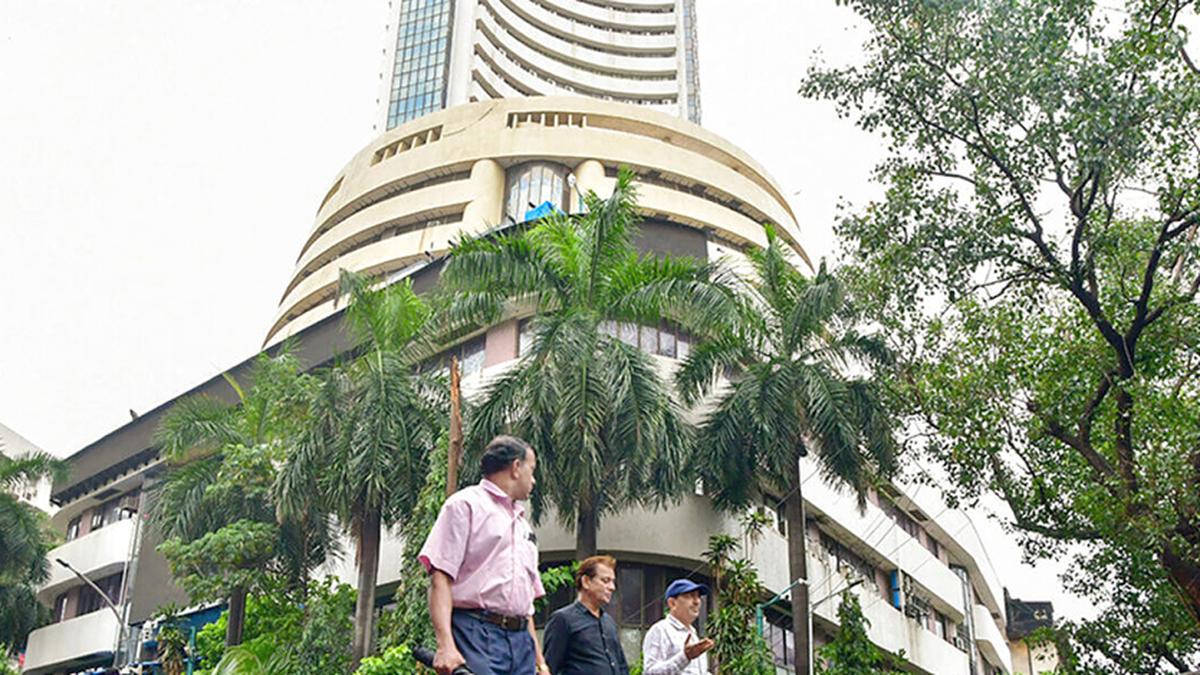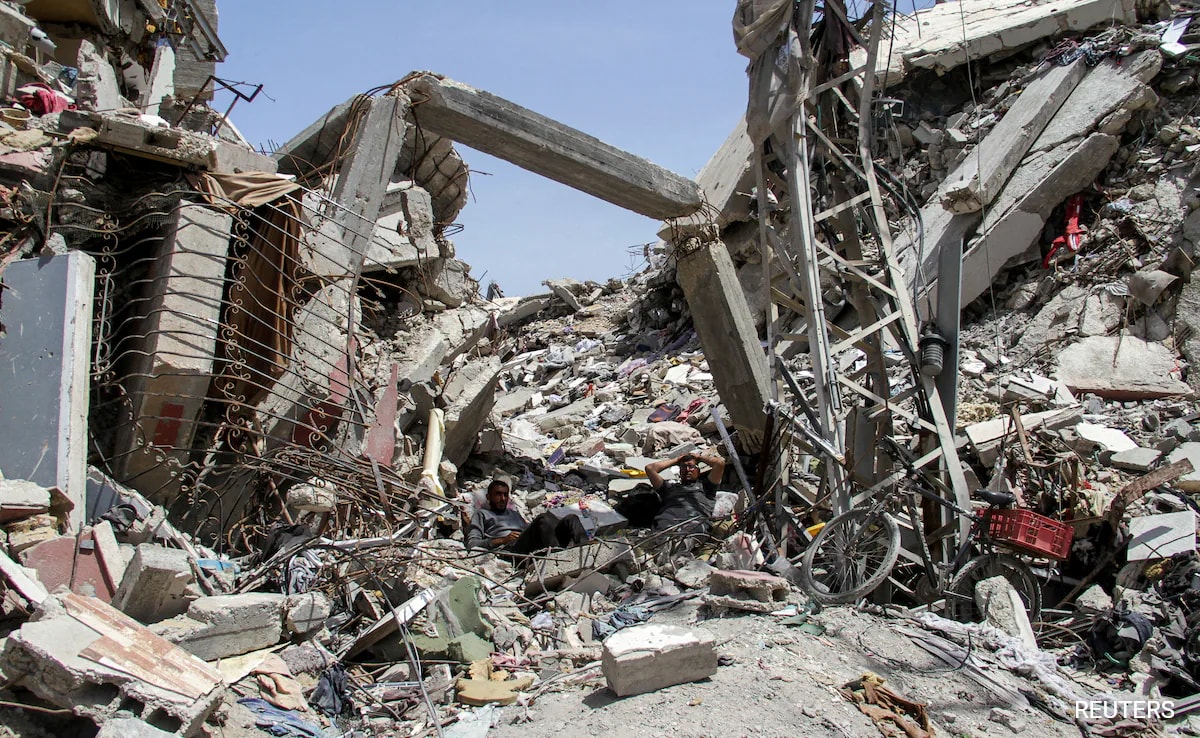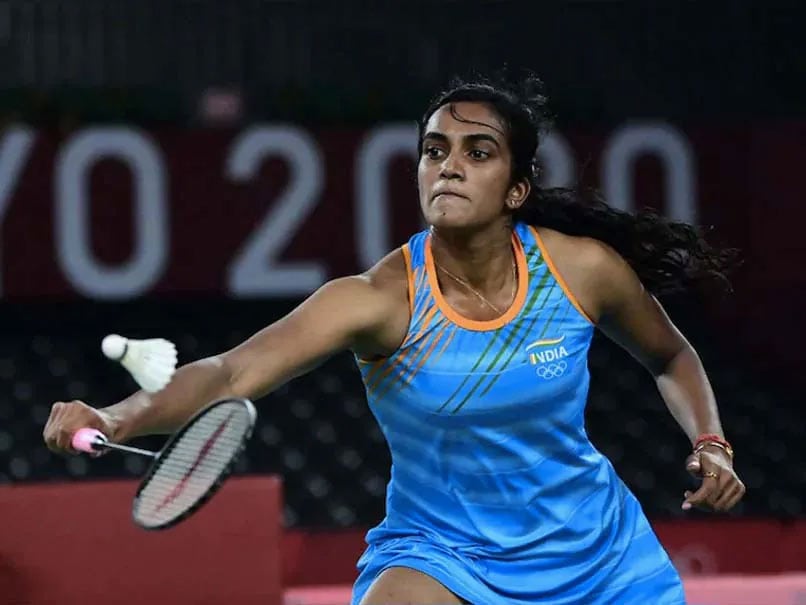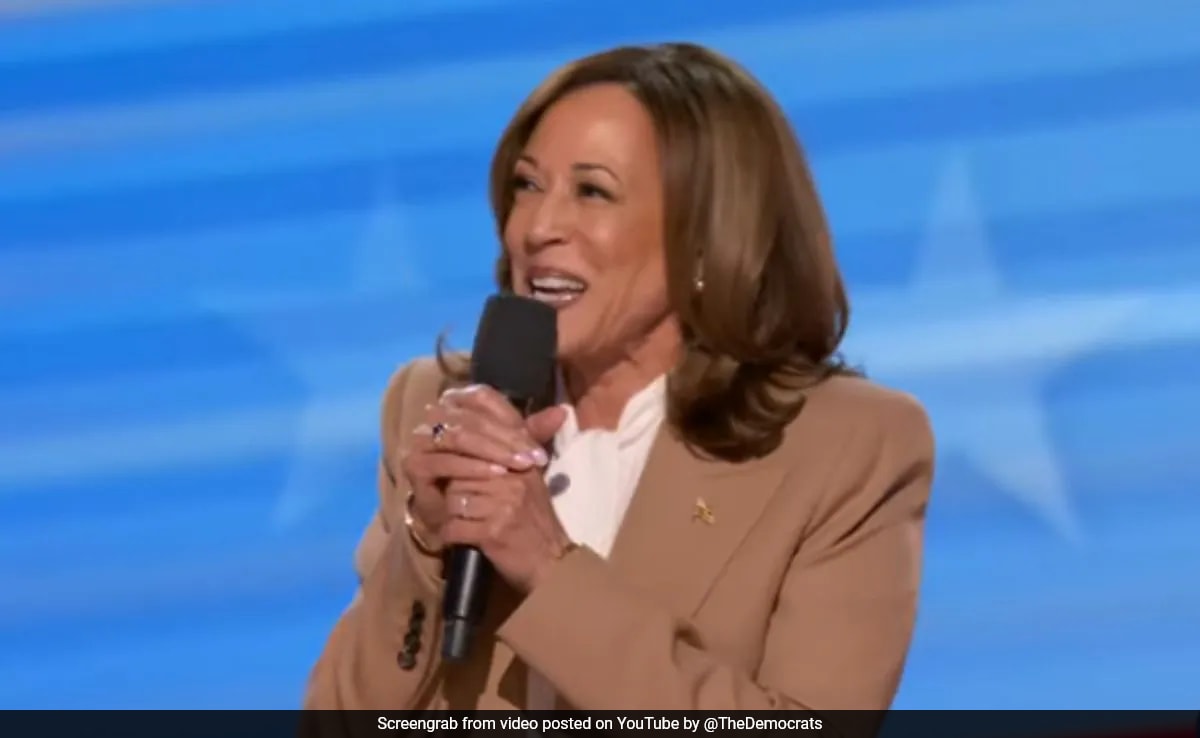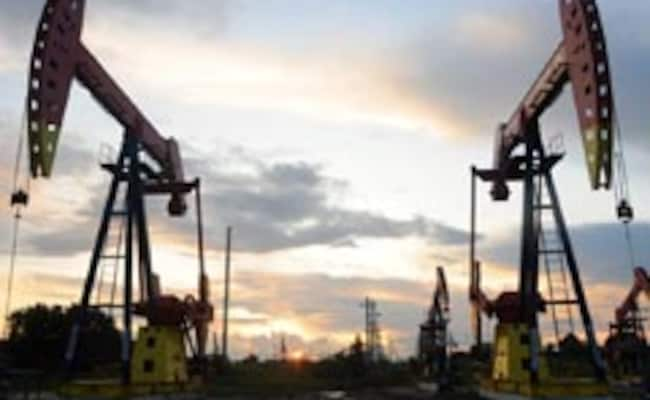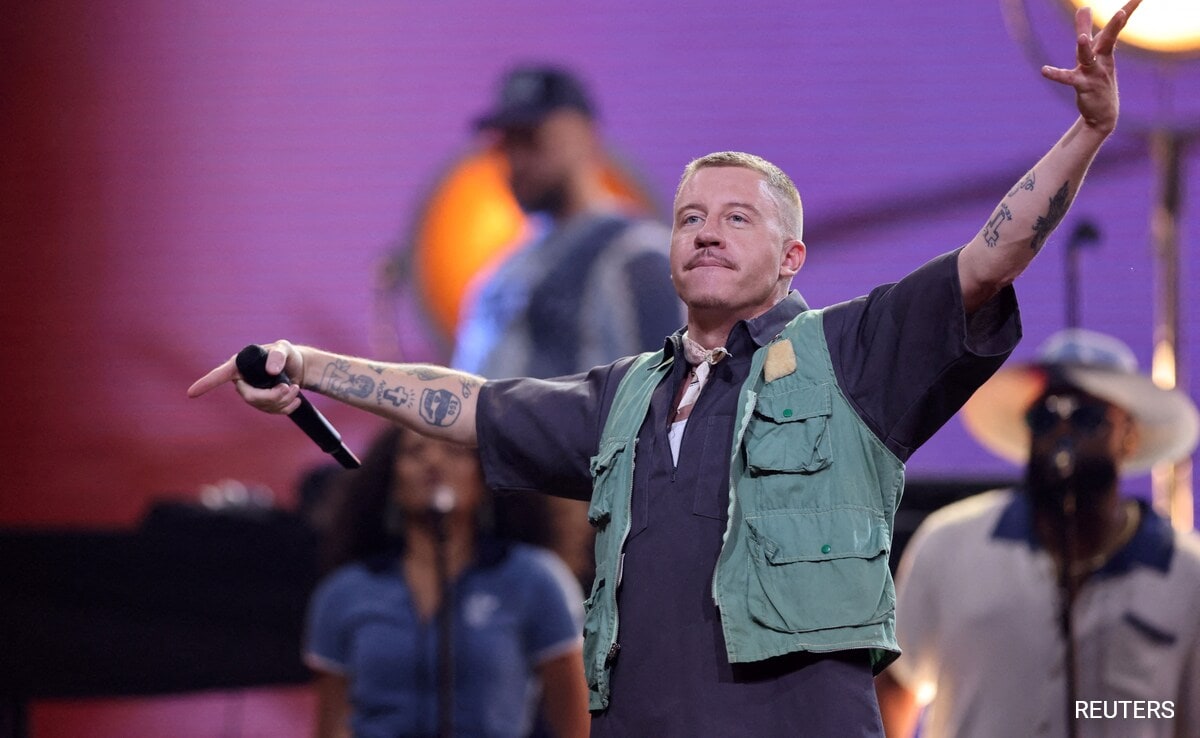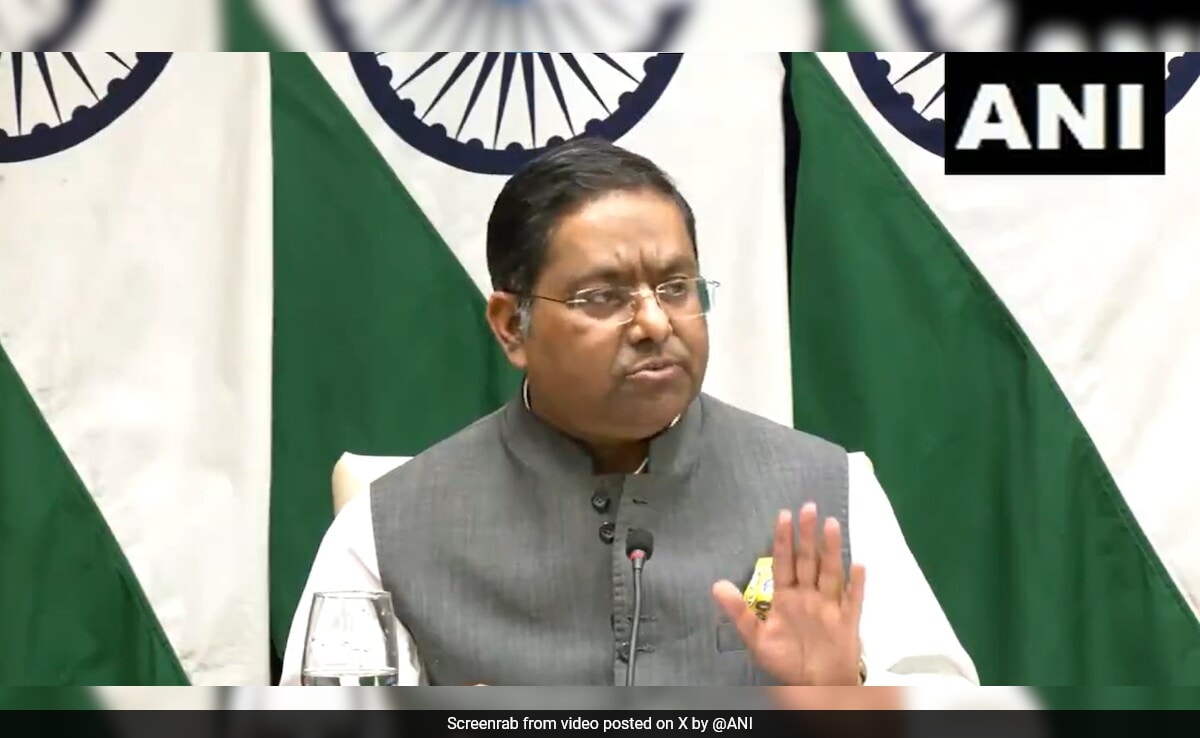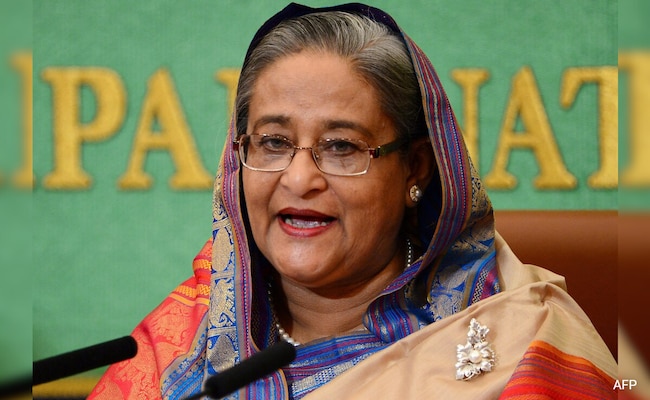New Delhi:
India – one of the world’s biggest consumers of crude oil – does not have a “political strategy” that informs its purchases, External Affairs Minister S Jaishankar said Friday at a press conference in Kyiv, shortly after Prime Minister Narendra Modi met Ukraine leader Volodymyr Zelensky.
Responding to a question about India overtaking China in the import of Russian crude – sale of which had been sanctioned by the West following Russia’s invasion of Ukraine in February 2022 – Mr Jaishankar also pointed to the volatile nature of the global crude oil market.
“India is a big oil consumer… we are a big oil importer because we don’t have oil. Now, it is not like there is a political strategy to buy oil… there is an oil strategy to buy oil… there is a market strategy.”
“So the figures of where we import oil from will go up and down… it depends on the market. But definitely, I think it depends, or is decided by, a tight market… one in which big supplies, like Iran and Venezuela, who used to supply to India, are now constrained from operating freely,” he said.
“This is a factor that needs to be taken into account,” Mr Jaishankar, who has repeatedly defended India’s continuing purchase of Russian crude following the war in Ukraine, responded in Kyiv.
“We explained to Ukraine (the current) market scenario. The fact that many producers have been sanctioned makes the market very tight,” he had said earlier, in response to another question, stressing “it is in the interest of the world economy that oil prices remain reasonable and stable.”
However, analysts this morning said global oil prices remain “vulnerable to demand fluctuations” on the back of “weak manufacturing data from Europe, Asia, and the United States”.
In February too Mr Jaishankar – who has also called out Western nations for continuing to buy from Russia in the war’s early phases – reaffirmed India’s stance on buying Russian oil despite sanctions.
“What should we have done? In many cases Middle East suppliers gave priority to Europe because of higher prices. So either we would have had no energy… or we would have ended up paying a lot more because you (European nations) were paying more,” he told German daily Handelsblatt.
Mr Jaishankar then had argued that India had “in a certain way, stabilised the (global) energy market”. Indian consumers, he said, simply could not afford high prices charged by the Middle East.
READ | “Russia Never Hurt Our Interests”: S Jaishankar To German Daily
“If no one bought crude oil from Russia, and everyone bought crude oil from other countries, the prices on the energy market would have shot up even further,” he told the German publication.
Prior to the war in Ukraine, India rarely purchased Russian crude due to high freight costs. By 2023, though, Moscow was selling about 1.66 million barrels per day, up from less than 700,000 in 2022.
India – the world’s third-biggest oil importer and consumer, became the biggest buyer of seaborne Russian crude since the West halted purchases and imposed sanctions against Moscow.
India has paid for this crude in rupees, dirhams and Chinese yuan.
In May, multiple sources told Reuters Reliance Industries, the operator of the world’s biggest refining complex, had signed a one-year deal with Russia’s Rosneft to buy at least three million barrels of oil per month, with payment to be made in roubles.
READ | Reliance To Buy 3 Million Barrels Of Russian Oil Per Month: Report
The payment in roubles part was seen as key as it would allow Moscow to circumvent an additional set of sanctions against payments routed through Western banks and financial institutions.
READ | Indian Refiners Buy More US Crude Amid Tighter Russia Sanctions
The West has made several efforts to bring India on board its sanctions train; in April the United States sent officials to urge Delhi to maintain a price cap designed to limit Moscow’s profits.
NDTV is now available on WhatsApp channels. Click on the link to get all the latest updates from NDTV on your chat.
Waiting for response to load…


